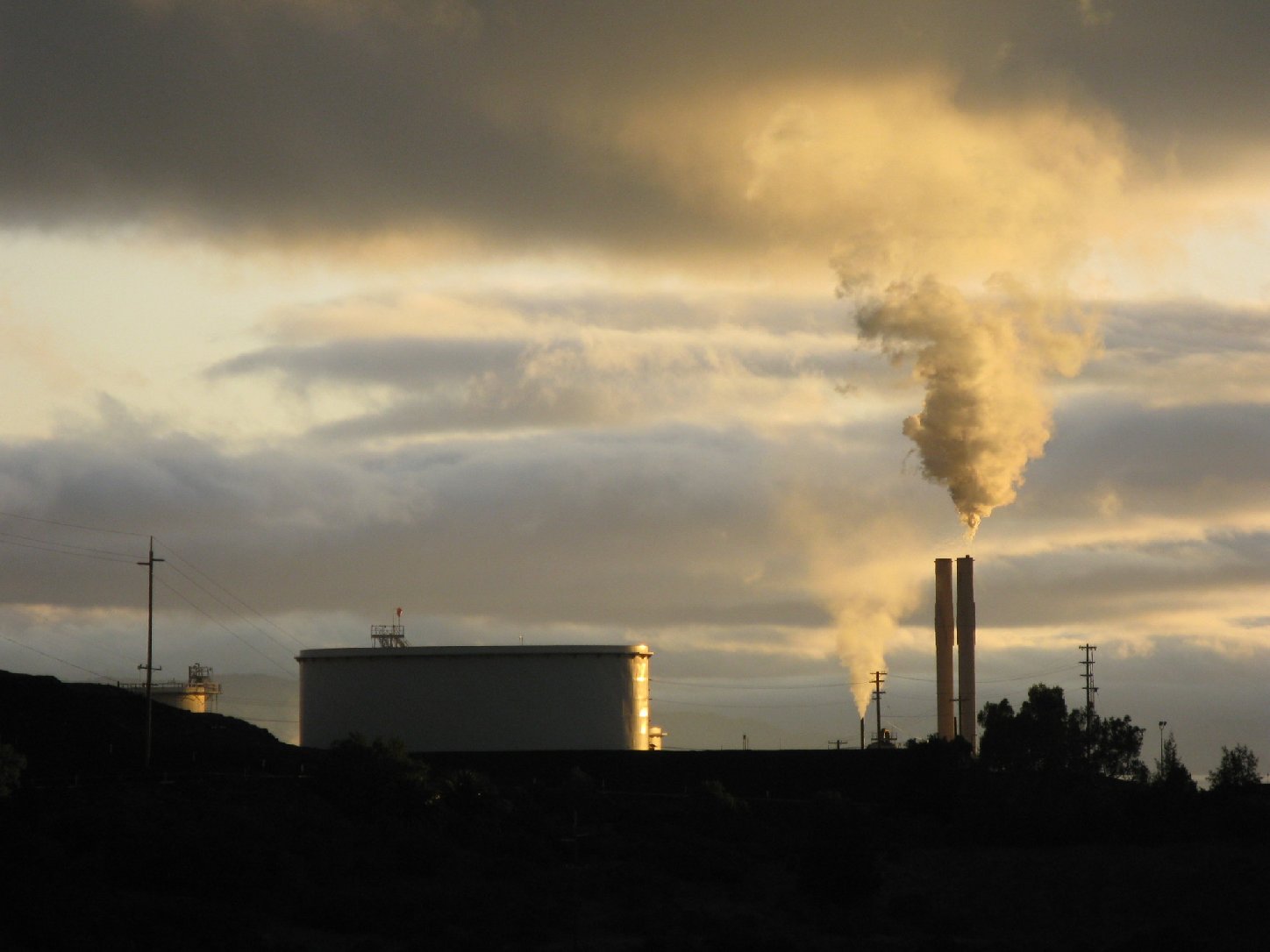State water regulators have issued a $285,000 penalty against the Phillips 66 refinery for releasing millions of gallons of industrial wastewater into San Pablo Bay early last year.
The penalty, part of a settlement agreement that became public late last week, is the 11th issued by the San Francisco Bay Regional Water Quality Control Board in the last 17 years against the Houston-based oil company. Its refinery sits on the bay shore in Rodeo, just south of the Carquinez Strait and Vallejo.
The most recent violation covers a discharge that took place on Feb. 14, 2019, when the refinery released 8.45 million gallons of partially treated wastewater into the bay, exceeding the allowed daily volume by about 5.4 million gallons. That release, in turn, led the refinery to violate a daily limit on "suspended solids" in its runoff — with an estimated 7,200 pounds of toxin-laden dirt washing into the bay.
In the days leading up to the release, a series of storms pounded the Bay Area with heavy rain, with about 5 inches falling on the refinery.
The resulting runoff clogged a filter at the Phillips 66 wastewater treatment plant. The regional water board says the facility would normally have sent the resulting overflow to a 9 million-gallon storage tank but couldn't because it was being used to temporarily store crude oil.

